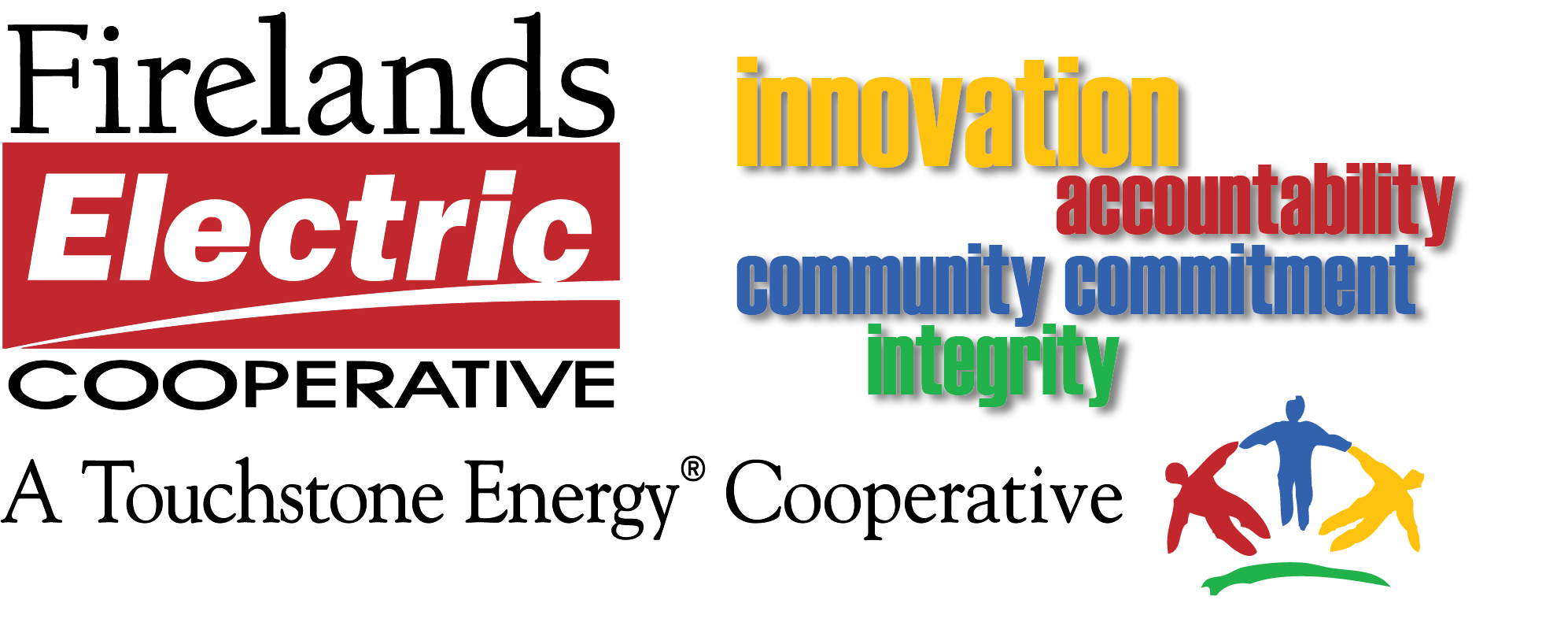Controlling Electricity In Your Home
Here are a few safety tips to implement in and around your home:
- Electric power enters the house through the main service panel and main disconnect switch where you can shut off all power in an emergency.
- A short or an overload will blow a fuse or trip a circuit breaker, shutting off the affected circuit.
- If appliances shut off, first find out why. Why did the circuit breaker trip or the fuse blow? Is it a frayed wire, too many appliances on one outlet, or a defective appliance? If you can't find the answer, call an electrician.
- Look for a broken metal strip in the top of a blown fuse. Replace it with a new one marked with the correct amperage. If you have circuit breakers instead of fuses, reset to "off" and then to "on."
- Practice extension cord safety. Extension cords are for temporary use only. Keep them away from moisture, heat, or metal pipes. NEVER put them under rugs, carpet, or furniture, as they can overheat and become damaged. Cord insulation keeps electricity in the wires, where it belongs. Regularly check power cords and connections for wear; don't use damaged cords.
- Unplug appliances using the plug, not the cord. make sure your hands are dry before handling a plug.
- Never use an appliance near a bathtub or sink. If an appliance falls into the water, do NOT reach for it. Immediately shut off the electric current at the main breaker box, then unplug the appliance.
- Replace the standard outlet in your bathroom, near your kitchen sink, in the garage, and outdoors with Ground Fault Circuit Interrupters (GFCIs). GFCIs detect electrical faults and shut off power to prevent serious injury.
- Always unplug small electrical appliances and power tools after using them. Even when the switch is powered off, you can still be electrocuted if the appliance or tool contacts water.
- DO NOT plug too many appliances into one outlet or overload an extension cord. Wires may overheat and cause a fire.
- If you smell smoke or see a flame, unplug appliances involved or turn off power at the main breaker box. If the fire is very small, put it out with a multipurpose fire extinguisher, class "C" electrical fire extinguisher, or baking soda. NEVER use water!
Remember!
Electricity is one of the most convenient and dependable forms of energy available. It is also one of the safest when you treat it with respect.
Click here for a printable home electrical safety checklist.
For more information, click here to contact our Member Services department or call the office at 1-800-533-8658.
